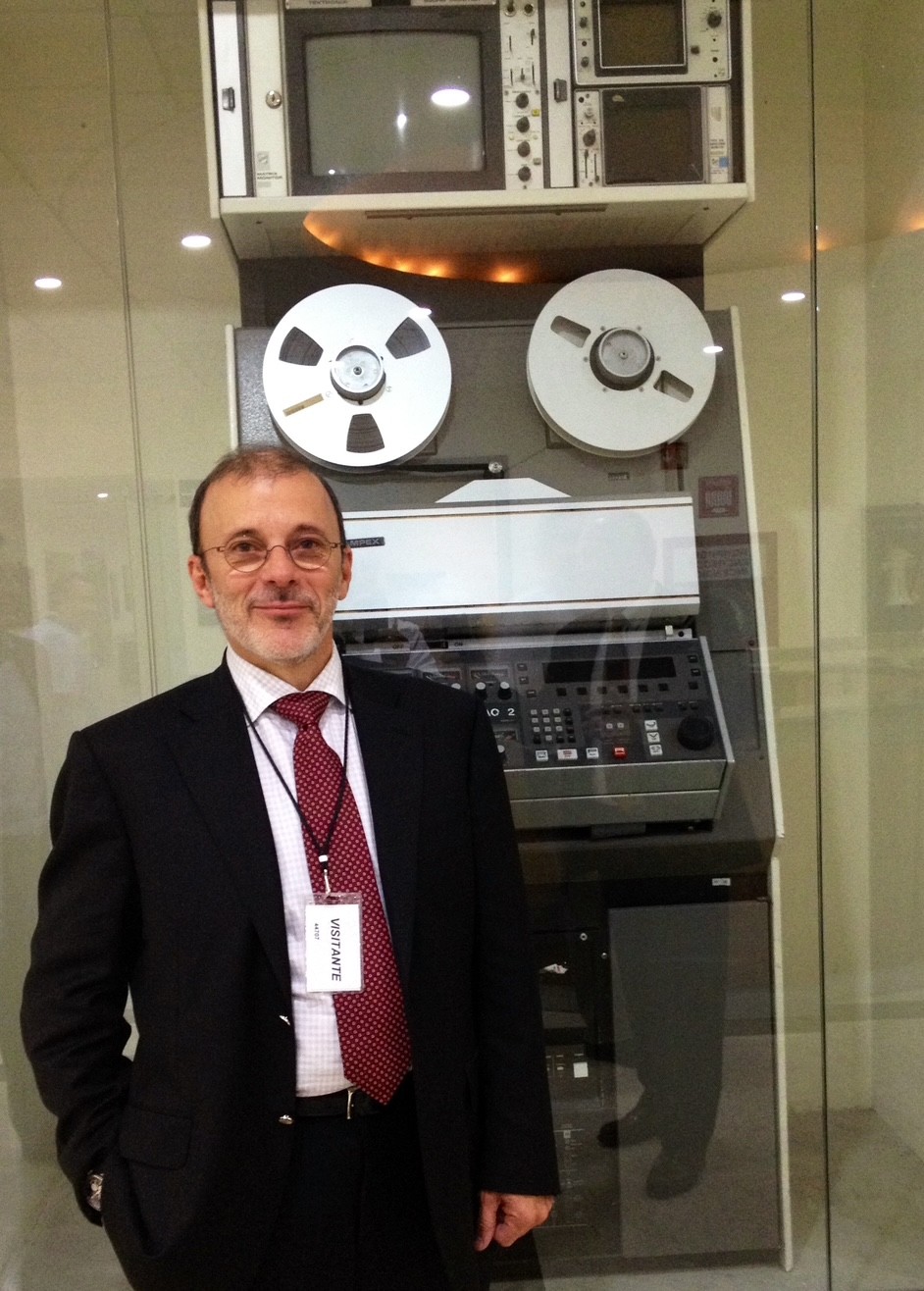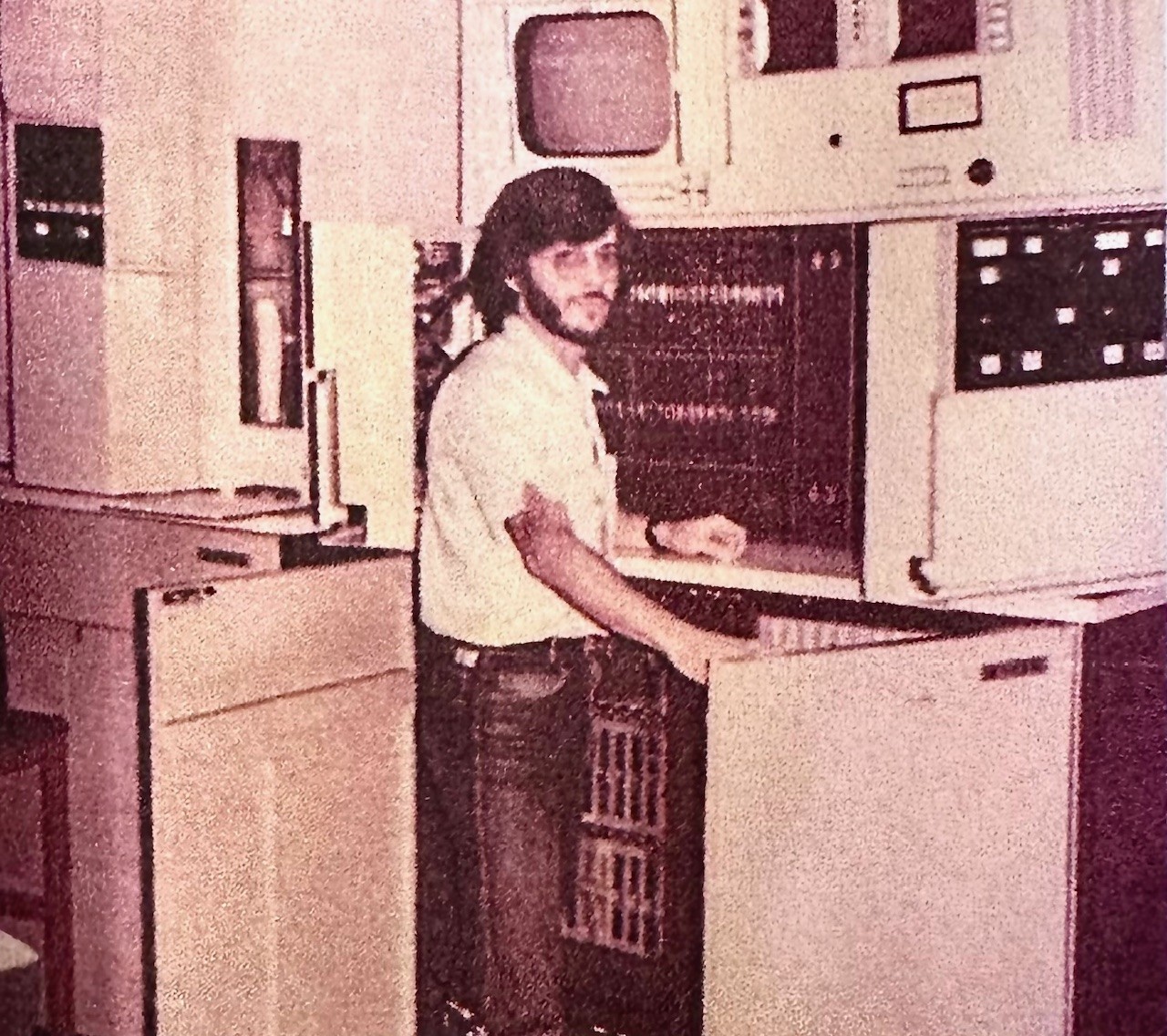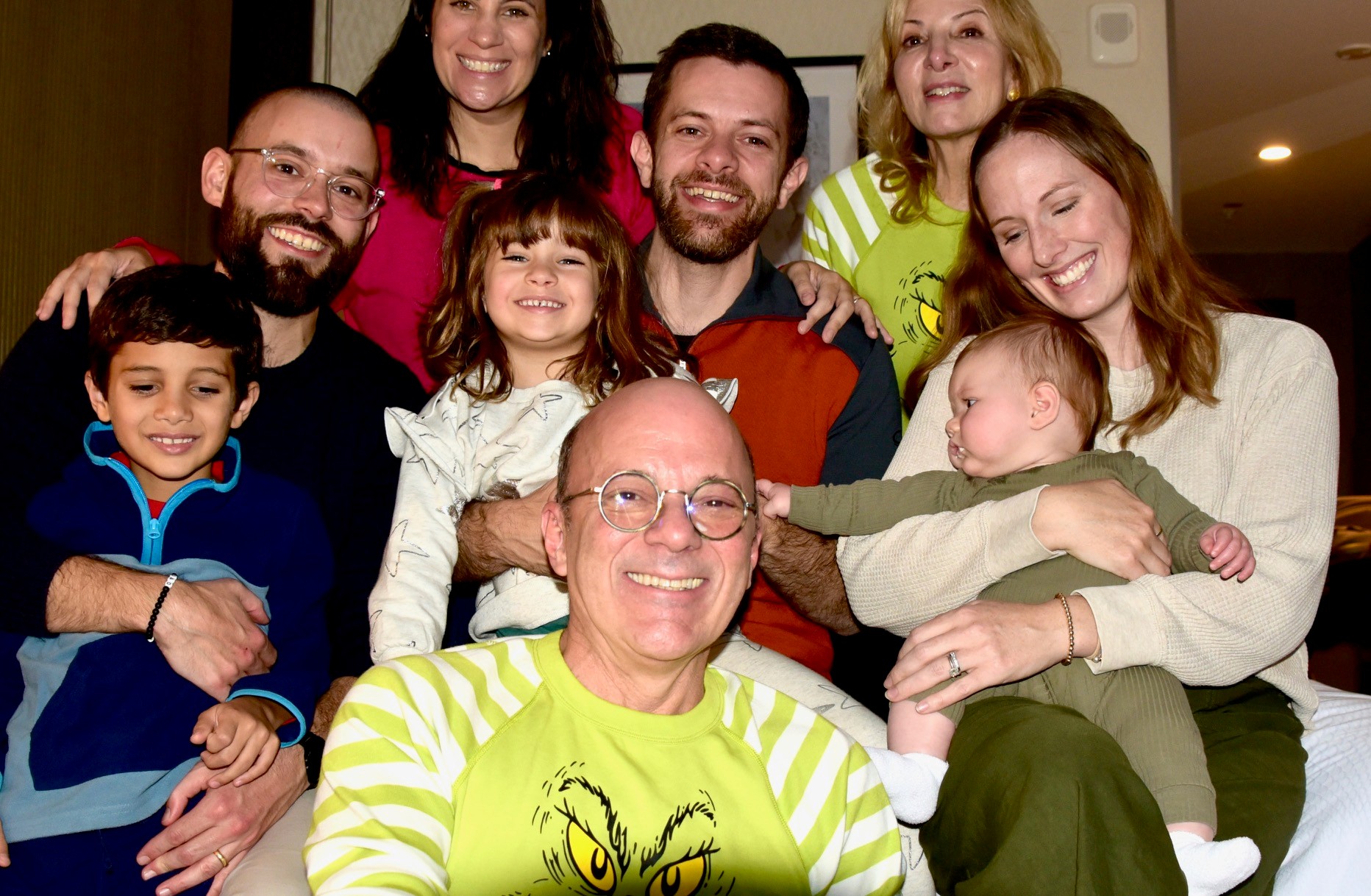- About
- Members
- Sponsors
- Subcommittees
- Technical Documents
- News
- Events
- Spotlight ATSC 3.0
- Contact Us
- Member Login
- Member Meetings
- Advanced Search
Search Site
Member Links
- About
- Members
- Sponsors
- Subcommittees
- Technical Documents
- News
- Events
- Spotlight ATSC 3.0
- Contact Us
- Member Login
- Member Meetings
- Advanced Search
Someone You Should Know: Guilherme R. Da Silva
Posted on September 24, 2025 in ATSC News
 Guilherme R. Da Silva’s journey into the media technology world didn’t begin in a lab or studio—it started in the heart of Africa, under the hum of SSB radios during wartime.
Guilherme R. Da Silva’s journey into the media technology world didn’t begin in a lab or studio—it started in the heart of Africa, under the hum of SSB radios during wartime.
Born in Southern Africa to Portuguese parents, Guilherme dreamed of a life in mining engineering, even eyeing a career with De Beers. He lived across Namibia, South Africa, Angola, Mozambique, and the Congo, immersing himself in the region’s complex landscapes for nearly two decades. But it was in Angola, amid civil unrest, that a fateful encounter with electronics would change his life. Repairing radios sparked a lifelong passion for technology—one that would take him far from the mines and deep into the world of broadcast innovation.
 By 1976, Guilherme had relocated to Brazil, where he began his career in the broadcast industry with TV Globo. A few years later, his path took him to Stanford University, where he studied Digital Signal Processing, followed by a role at AMPEX as a product design engineer. There, he contributed to landmark projects like ADO, AVC, and ACE—technologies that laid the groundwork for modern media production.
By 1976, Guilherme had relocated to Brazil, where he began his career in the broadcast industry with TV Globo. A few years later, his path took him to Stanford University, where he studied Digital Signal Processing, followed by a role at AMPEX as a product design engineer. There, he contributed to landmark projects like ADO, AVC, and ACE—technologies that laid the groundwork for modern media production.
In 1988, Guilherme founded CIS Group, a company that would grow into a global player in media tech solutions, serving clients in 95 countries. With a unique combination of engineering rigor and a collaborative mindset, he’s worked with hundreds of broadcast and content production facilities worldwide. From the Olympic Games to 43 NAB Shows and 25 IBCs, Guilherme has had a front-row seat to the transformation of the industry.
 Today, as Co-Founder & Executive Chairman of CIS Group, and also Founder of BeTV Media Tech and Advisor to Glookast Technology, Guilherme splits his time between strategic business planning and building high-impact partnerships with media professionals and organizations around the world. He’s passionate about helping the broadcast industry adapt to its most pressing challenge: how to remain relevant and competitive in the face of rapidly evolving digital platforms.
Today, as Co-Founder & Executive Chairman of CIS Group, and also Founder of BeTV Media Tech and Advisor to Glookast Technology, Guilherme splits his time between strategic business planning and building high-impact partnerships with media professionals and organizations around the world. He’s passionate about helping the broadcast industry adapt to its most pressing challenge: how to remain relevant and competitive in the face of rapidly evolving digital platforms.
This curiosity led him to ATSC 3.0.
“My involvement in Brazil’s transition to ISDB-T digital terrestrial television in 2007—and its evolution into TV 2.5 in 2021—made me curious about how U.S. broadcasters would respond,” he recalls. “ATSC 3.0 opened the door to new monetization opportunities, especially in regions with limited broadband infrastructure.”
Guilherme is now an active member of several ATSC groups, including:
- IT-4: Brazil Implementation Team
- Planning Team 4 – Future Broadcast Ecosystem Technologies
- Planning Team 5 – Automotive Applications
- Planning Team 6 – Global Recognition of ATSC 3.0
His global experience makes him particularly enthusiastic about ATSC 3.0’s impact beyond U.S. borders. “There are vast markets—Brazil, India, South Africa—where ATSC 3.0 could help deliver high-quality content despite limited broadband. That’s nearly 30% of the world’s population.”
At home in South Florida since 1999, Guilherme is a proud father of two sons and grandfather to five. His son Matt embraced the media tech world while Thiago is in the business development and trade marketing area. He’s also a dog lover—with fond memories of his German shepherds—and an avid fan of motorsports. “Racing GT3 and GT4 in Europe might sound risky,” he jokes, “but it’s safer than some of our highways!”
Despite a globe-trotting lifestyle—Guilherme finds time for a good book. He’s currently re-reading Three Blind Mice by Ken Auletta and sharing The Adventures of Tintin with his grandchildren. When he needs to unwind? Ted Lasso is his go-to binge.
As for an alternate life path? He admits he once considered a military career, or perhaps strategic marketing—or even a return to his mining roots.
Thankfully, for the global broadcast and media tech community, Guilherme’s passion for electronics won out. And with ATSC 3.0 shaping the future of broadcasting, his leadership and vision remain as impactful as ever.
Posted in ATSC News
News Categories
News Archives
Subscribe
Subscribe to The Standard, our monthly newsletter. Learn More
Join ATSC
ATSC is a membership organization with both voting and observer categories. Voting members include corporations, nonprofit organizations, and government entities, and they participate actively in the work of ATSC. Observers are individuals or entities not eligible to be a voting member.
Subscribe to our Newsletter
Subscribe to The Standard, our monthly newsletter, to stay up-to-date with ATSC news and events around the world.
Site Links
Contact Us
ATSC
1300 I Street NW, Suite 400E
Washington, DC 20005 USA
Do you have questions about ATSC?
About ATSC
ATSC, the Broadcast Standards Association, is an international, non-profit organization developing voluntary standards and recommended practices for digital terrestrial broadcasting. Serving as an essential force in the broadcasting industry, ATSC guides the seamless integration of broadcast and telecom standards to drive the industry forward. Currently, the ATSC 3.0 Standard is providing the best possible solution for expanding the potential of the broadcast spectrum beyond its traditional application to meet changing needs. From conventional television to innovative digital data services, ATSC has one clear goal: to empower the broadcasting ecosystem like never before.
© 2026 ATSC
































